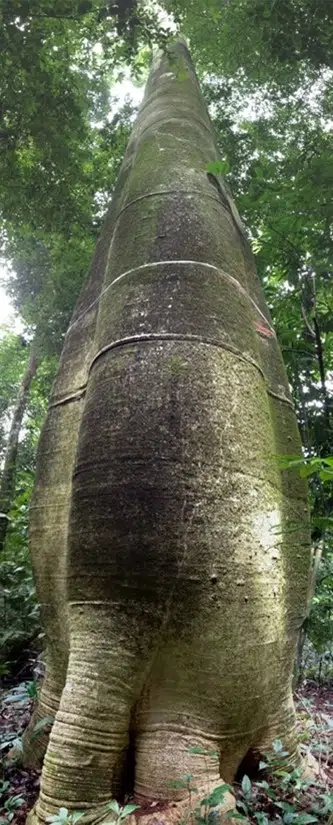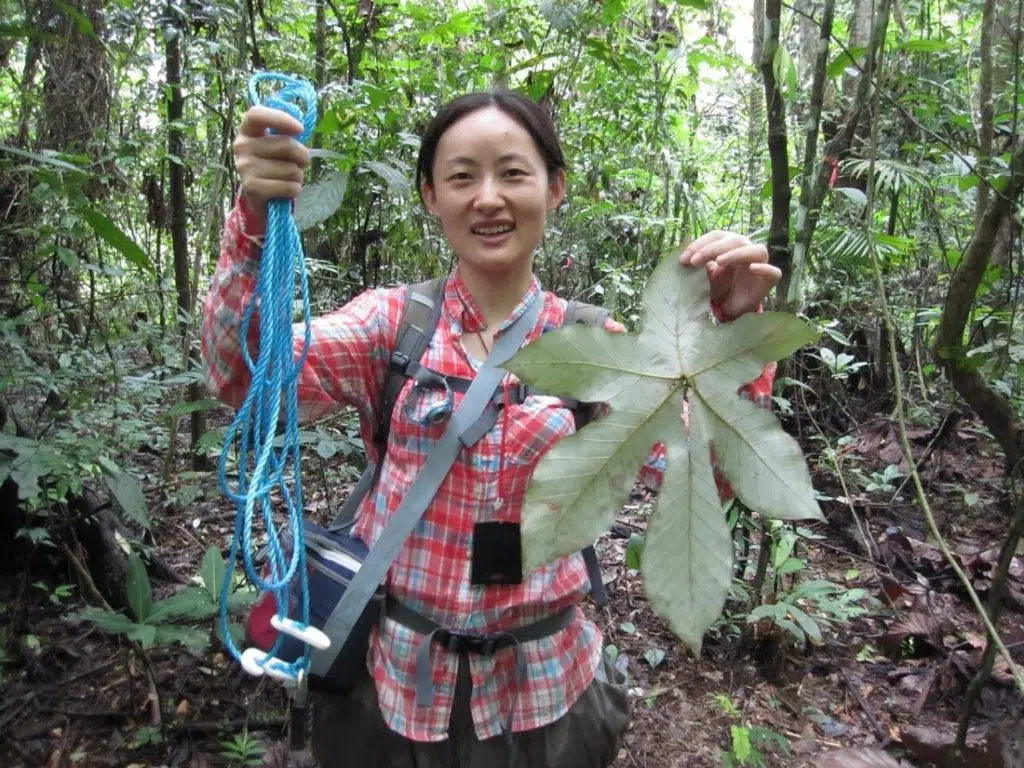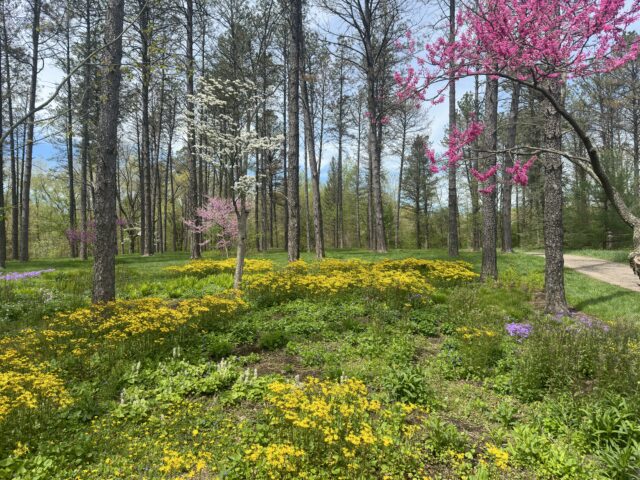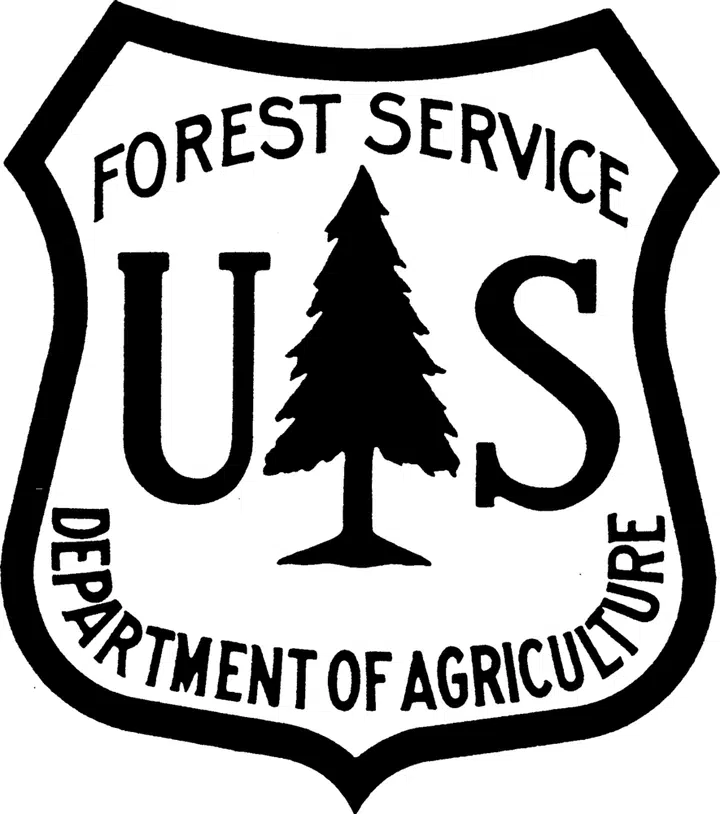
By Na Wei, PhD, Scientist, Evolutionary Ecology
Getting a PhD degree is never easy and perhaps more difficult for international students. One of the challenges that many international students face is obtaining visas, which grant legal status to study in the United States.
My story was perhaps more complicated as a Chinese student at the University of Michigan who conducted field work in the tropical rainforests in Central America (Panama) for dissertation research. While the PhD program was five years, the U.S. student visa was only valid for one year and had to be renewed every year if I needed to conduct field work outside the U.S. Renewing a U.S. student visa requires one to be physically outside the U.S. in another country, so my options were going back to China very year or going to Canada which was the closest. The cost of international travels for visa renewal was not trivial for a graduate student. To save money and time, during the 3rd year of my PhD program, I decided to renew my U.S. student visa in Canada instead of China. But, I had to get a Canada tourist visa to enter Canada first and then stayed there for one week to get my U.S. student visa renewed.
With a successfully renewed U.S. student visa every year, I finally was able to travel to the tropical rainforests in Panama. But this was not the end of the story. There was no diplomatic relationship between Panama and China, so I was kept at Customs for an extended period time when entering Panama with a valid U.S. student visa on my Chinese passport. Every time, my passport was taken for additional inspection, and I was asked to wait at Customs for a much longer time than most people. I was jealous that my American lab mates could travel nearly everywhere without such difficulties. When coming back to the U.S. from field work in Panama, I was often checked again for an extended period of time at U.S. Customs due to the student visa status and often missed my connecting flights back to Michigan.

Was it worth it? Fortunately, yes it was. In the Barro Colorado Island (Figure 1), Panama, I had the opportunity to see amazing tropical rainforests and organisms (Figure 2) for the first time in my life. I worked in the world’s first long-term forest dynamics plot, where every single woody stem that was greater than 10 mm diameter at breast height had been identified, permanently tagged, mapped, and censused every five years since 1980. I learned how to collect leaves from very tall tropical trees (20–40 m) in order to understand their genomes (Figure 3). I also learned how to wait for howler monkeys and capuchin monkeys to drop the leaves for me, which certainly required a lot of patience for these unpaid ‘research assistants’.


Recognizing the visa challenges, I chose to conduct field work only within the U.S. after my PhD during my postdoctoral work at the University of Pittsburgh (Figure 4). I also gave up the opportunities of invited talks, workshops, and interviews outside the U.S. to avoid the need to renew my visa and Customs inspection.

Now being a scientist leading the evolutionary ecology lab at Holden, I continue to face visa challenges. I could not obtain my adjunct Assistant Professor appointments at Case Western Reserve University and Cleveland State University due to my visa status.
The path to becoming a scientist is never a straight line for anyone but perhaps extra circuitous for people on visas. And my story is perhaps not unique.











